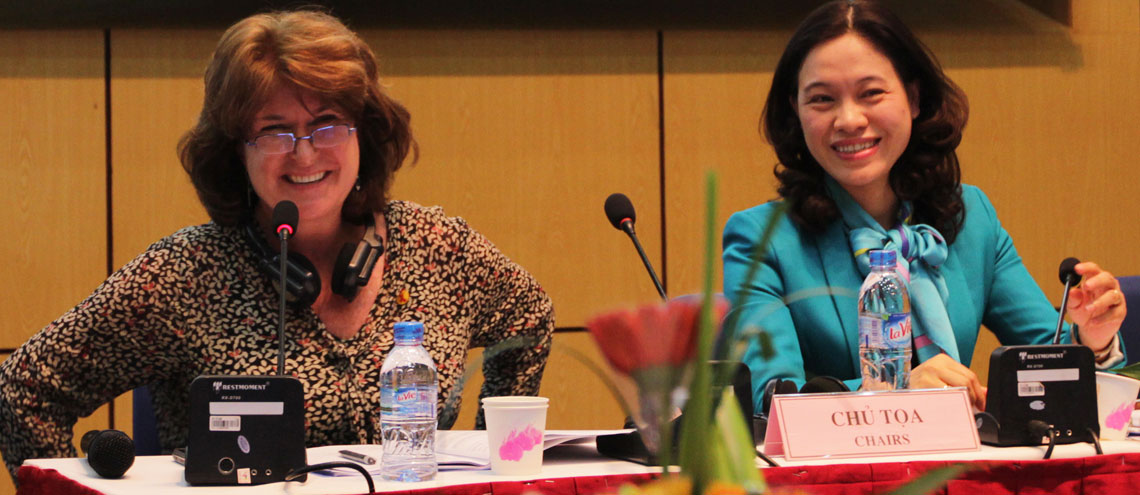AIDS remains a leading cause of death and lost work days in the most productive age groups in Asia
Hanoi, 20 May 2008 — AIDS remains a leading cause of death and work days lost among 15-44 years-olds in Asia, says a report by the Independent Commission on AIDS in Asia.
The report entitled Redefining AIDS in Asia: Crafting an Effective Response was launched in Hanoi today by Dr JVR Prasada Rao, Director UNAIDS Regional Support Team for Asia and the Pacific, and Prof Trinh Quan Huan, Vice Minister, Ministry of Health. Dr Rao applauded the Government of Viet Nam for its leadership in adopting the progressive Law on HIV Prevention and Control. He encouraged Viet Nam to harmonize outdated laws with the Law on HIV Prevention and Control to protect the most vulnerable members of society and take measures to ensure they live in dignity.
Nearly five million people are living with HIV in Asia, with 440,000 people acquiring the infection in 2007 and 300,000 dying from AIDS related illness in the same year, the report says.
“The report highlights critical gaps in the regional response to HIV and the diversity of the epidemic across Asia,” Dr Rao said. Dr Rao urged governments to make a serious commitment to prevent HIV and meaningfully involve people living with HIV in the response.
The Independent Commission on AIDS in Asia found that the current allocation of resources has not focused on effective priority interventions that can have an impact on the epidemic and reduce new infections.
The report says that in 2005, HIV prevention services across Asia were only reaching one in three sex workers, 1 in 50 injecting drug users, one in 20 men who have sex with men and one in 10 pregnant women.
“Across Asia, much more needs to be done to halt the spread of HIV,” Dr Rao said. “The region is home to some of the fastest-growing economies in the world. But we will never see equitable progress if some parts of the population are still denied basic health care.”
The report found that Asian countries have the resources, the technology and the organisational capacity for a vastly scaled up response to the HIV epidemic. But there is a need for involvement from all sectors.
Community organizations of people living with HIV and marginalised groups like sex workers, drug users and men who have sex with men must be involved in the delivery of services as well as policy development.
The report is a result of 18 months work by members of the Independent Commission on AIDS in Asia who collected, reviewed and synthesised scientific evidence on epidemics in Asia to recommend a more effective response.



